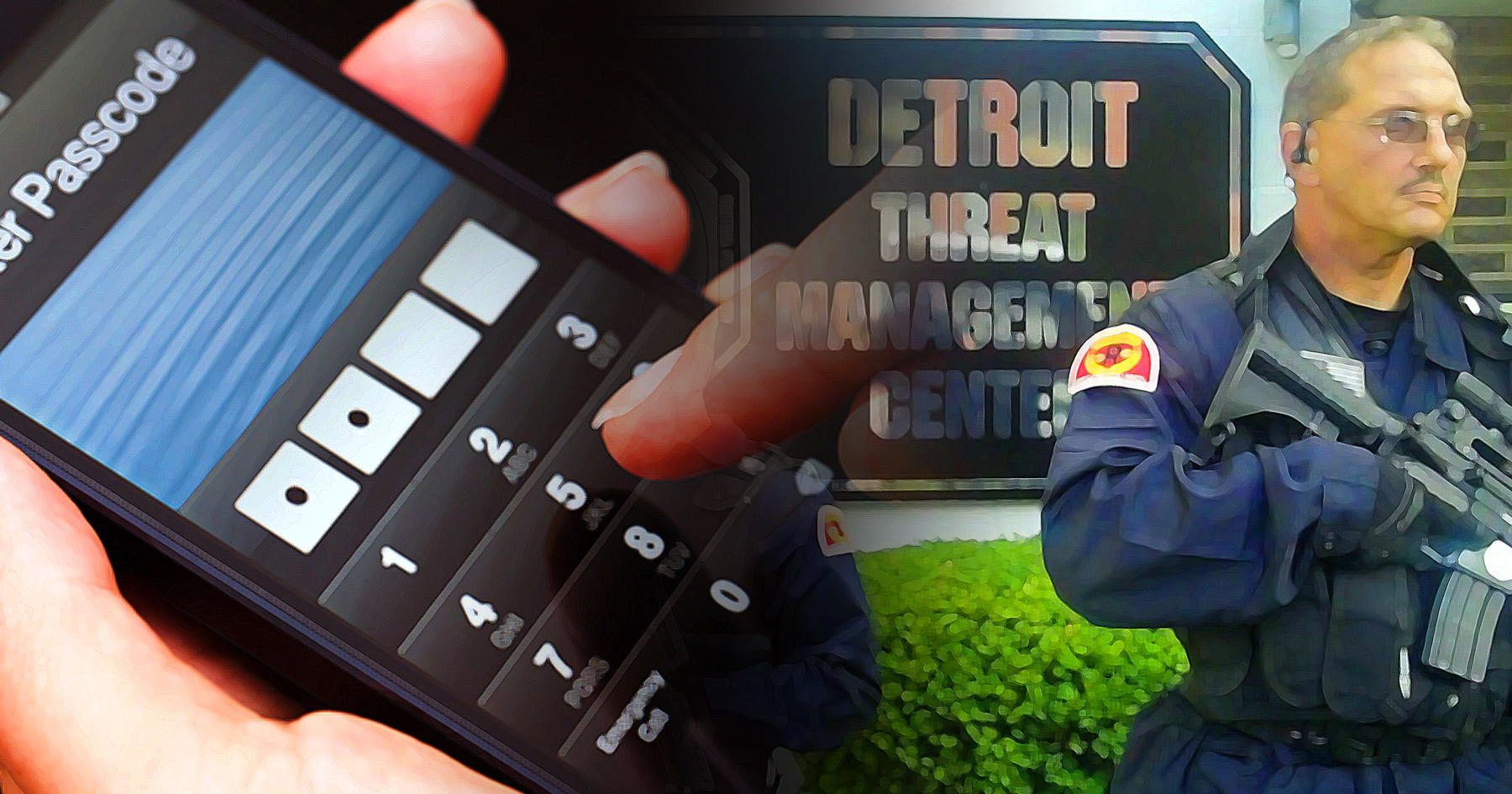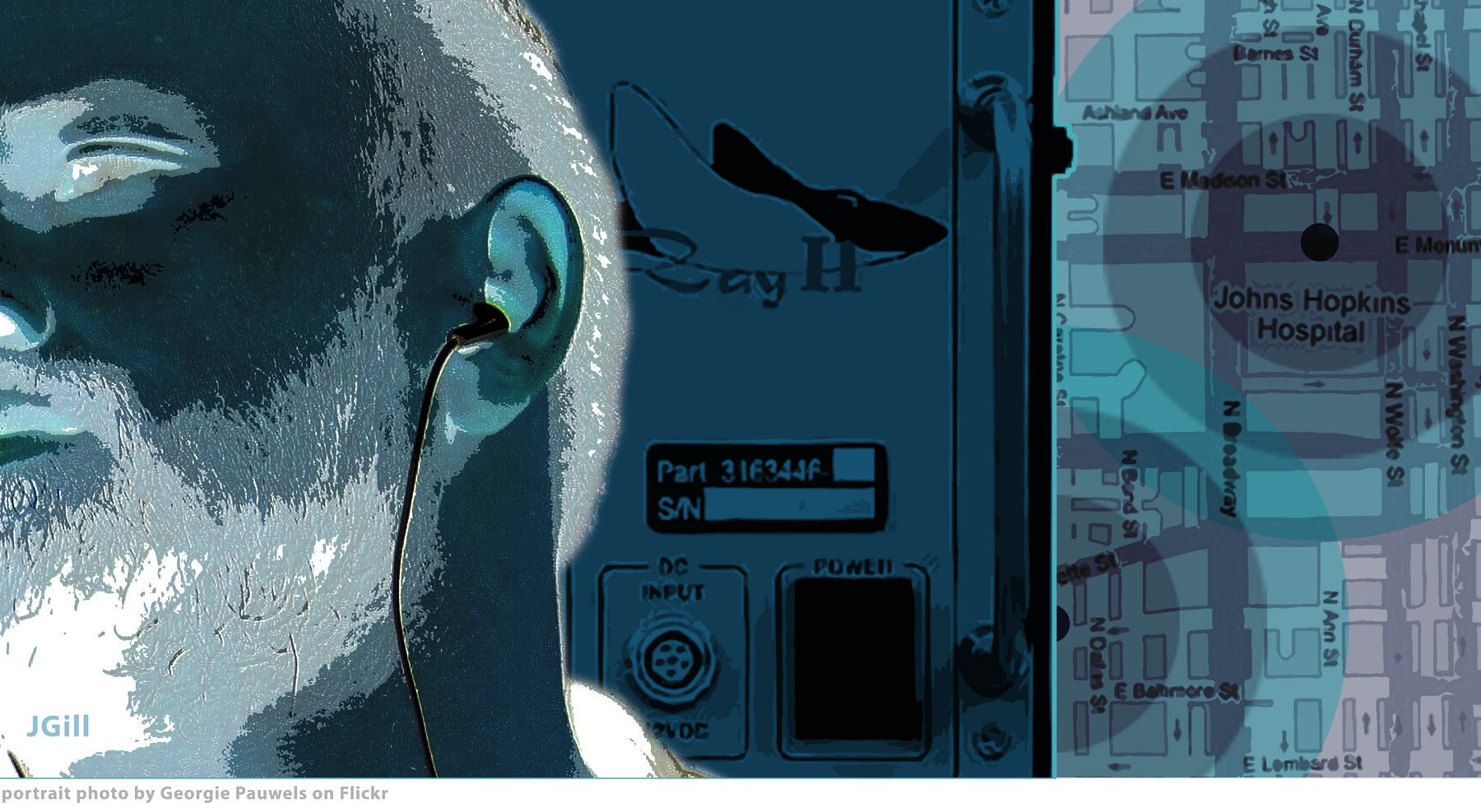Zombie government wants to eat our brains. Did I overstate this on Sunday?
Most folks don’t look at the Apple/FBI controversy over digital security quite that starkly.
The National Security Administration sure doesn’t see it that way. The NSA is in the “information harvesting business,” says Business Insider. And boy, “business is booming.” The NSA measures its operations in zetabytes. And in the acreage of its Maryland and Utah sprawls.
The idea is that the NSA protects us.
But notice that government, collecting all that information, and in trying to beat back malicious and sportive hacker attacks from around the world, treats computer companies antagonistically. And it doesn’t provide us, individually, with help on our personal cyber-security: we have to pay for our own cyber-security. When some thief (local or overseas) steals a digital identity and grabs a netizen’s wealth and credit, of what help is government?
Not much.
It’s little different from back in Herbert Spencer’s day, over a century ago, when he noted that government practiced “that miserable laissez faire,” making citizens bear the costs of their own protection, to financial ruin defending themselves in court.
Indeed, for all our reliance upon law enforcement, we have to notice that the real work of defense and conflict avoidance happens best outside of government “help” — as is the case in Detroit, Michigan, where it is private security that does what many expect the police to do.
As long as the police and the federal government operate mainly as antagonists to peaceful citizens as well as to criminals, then looking warily at police power and privilege (and thus the NSA and the FBI) seems like . . .
. . . Common Sense. I’m Paul Jacob.






